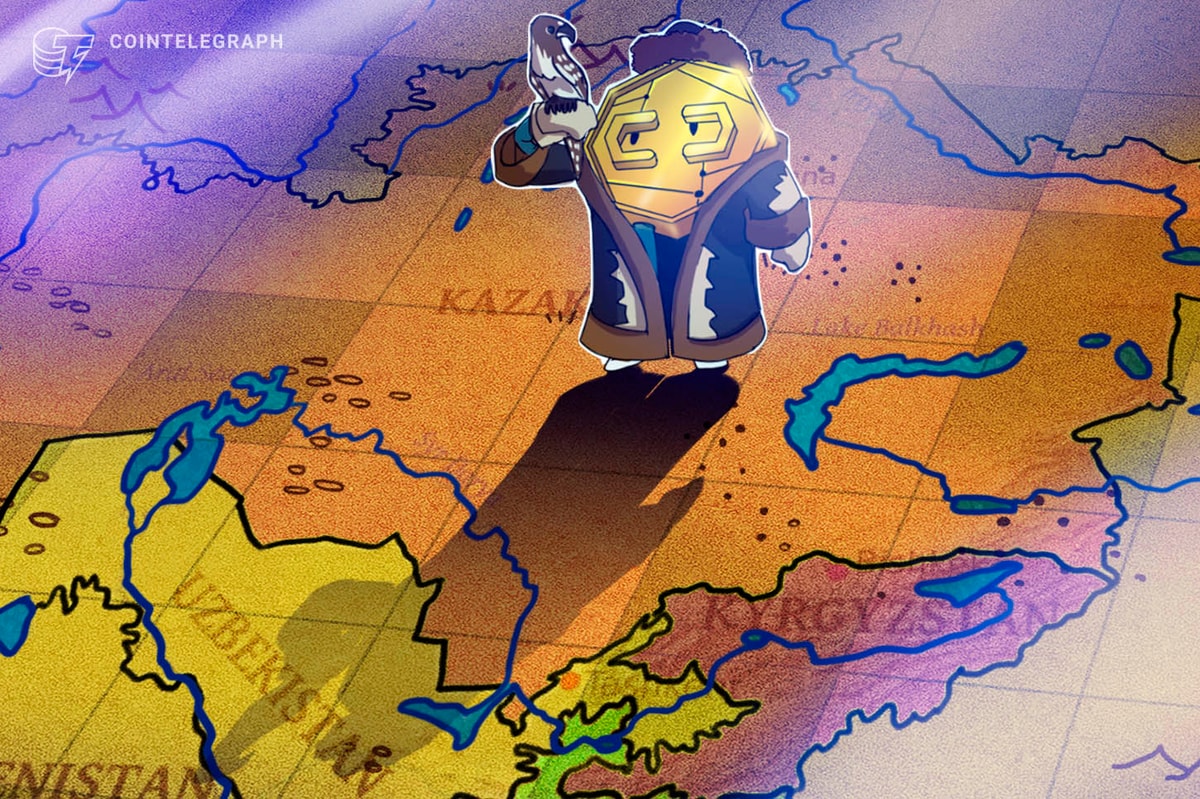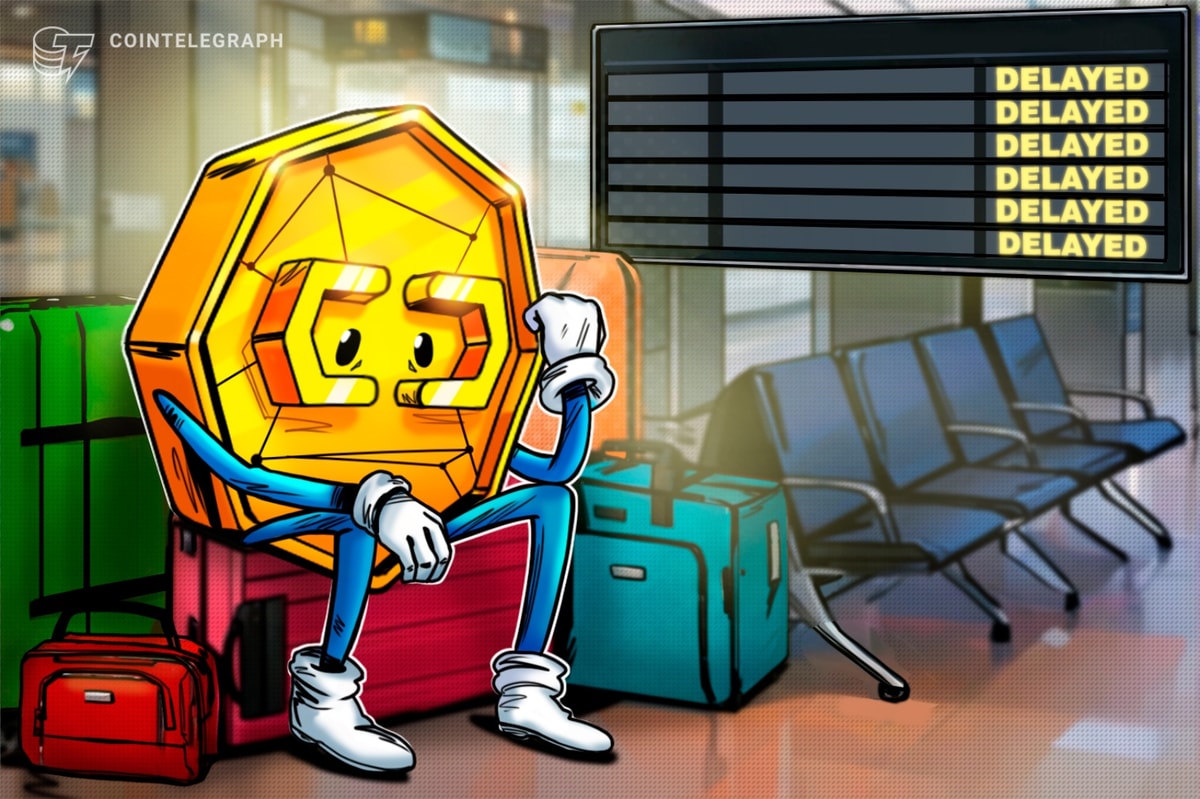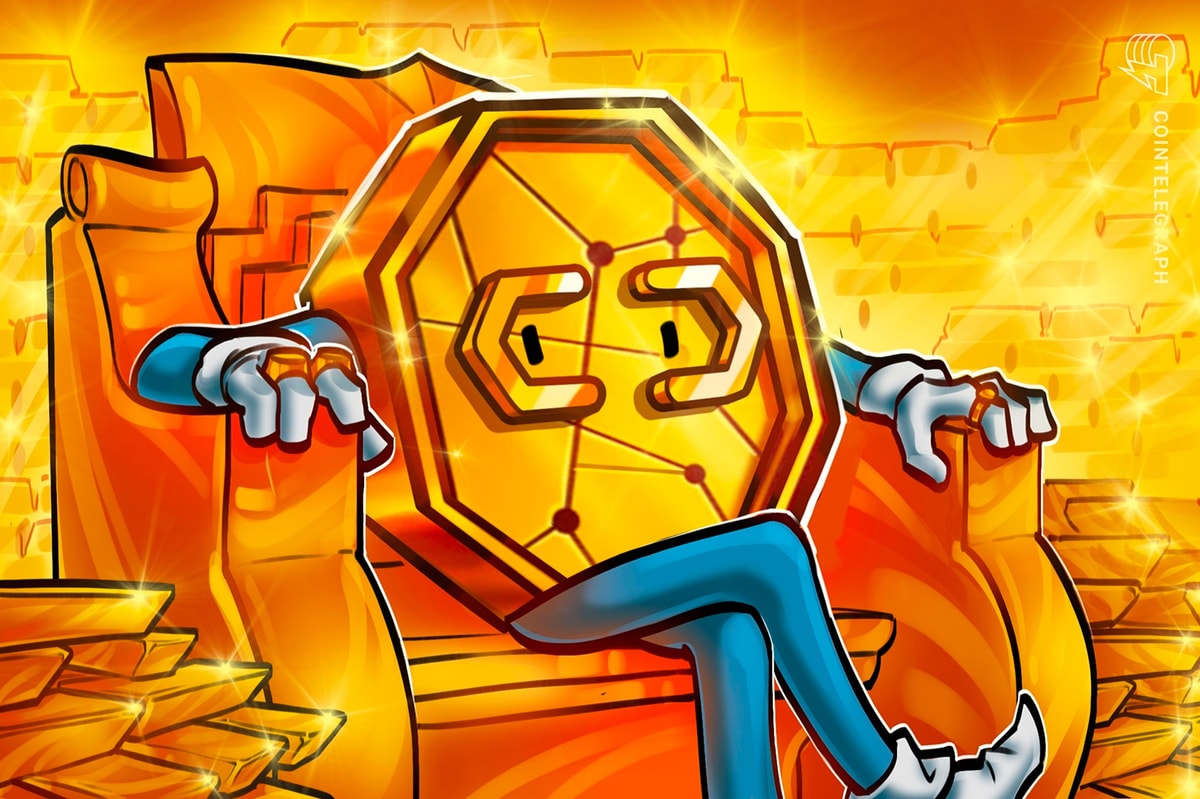Venezuela’s рresident, Nicolas Maduro, has raised the reference value of the national cryptocurrency, Petro, the president’s official Twitter tweeted Nov. 30.
According to major Latin American television channel TeleSur, Maduro first announced the new Petro rate on Thursday, Nov. 29, against the background of the country’s ongoing hyperinflation. The value of the Petro is now set at 9,000 sovereign bolivars, instead of the previous 3,600 bolivars.
Speaking in Caracas that day, Maduro also ordered an increase in the monthly minimum wage by 150 percent, which is the sixth increase in 2018 and 25th in total during Maduro’s presidency.
Later that week, Venezuela also devalued Dicom, the official exchange rate in the country, Bloomberg reported Saturday, Dec. 1. The national fiat has dropped by as much as 40 percent, from 96.84 sovereign bolivars per dollar on Nov. 30 to 171.67 the following day.
Leonardo Buniak, a Venezuelan economist cited by major Venezuelan newspaper El Universal, called the move “very bad news for Venezuelans.” He believes that the government is unable to fund the wage increase, which will inevitably lead to another price hike and, yet again, hyperinflation. “To anchor the bolivar to Petro is equal to anchoring it to nothing,” he said.
The ongoing economic crisis in the country has been provoked by a shortage of revenue from oil production. According to Bloomberg’s Cafe Con Leche Index, which tracks hyperinflation in Venezuela using an average price of coffee cup as an example, the annual inflation rate in the country has climbed up to 200,000 percent.
As Cointelegraph reported in August, Maduro made Petro a unit of account within the country, tying salaries and a pricing system for goods and services to the oil-backed national cryptocurrency.
The official sale of Petro in Venezuela started this November, with several top officials
— including Maduro — purchasing it via the official website. However, the currency is not yet available on any major crypto exchanges, nor can it be traded in pairs with other coins.
Experts are concerned about the actual existence of Petro after a Reuter's report on the nature of the state-owned coin, issued in August, that turned up little evidence of the coin’s oil-backed reserves.
According to the investigation, the Atapirire area that Maduro claimed was the actual petroleum center for backing the coin showed no signs of recent activity. Other experts told news outlet Wired that Petro was nothing more than a "smoke curtain" to conceal Maduro's recent failure to reanimate the national fiat currency, the sovereign bolivar.











